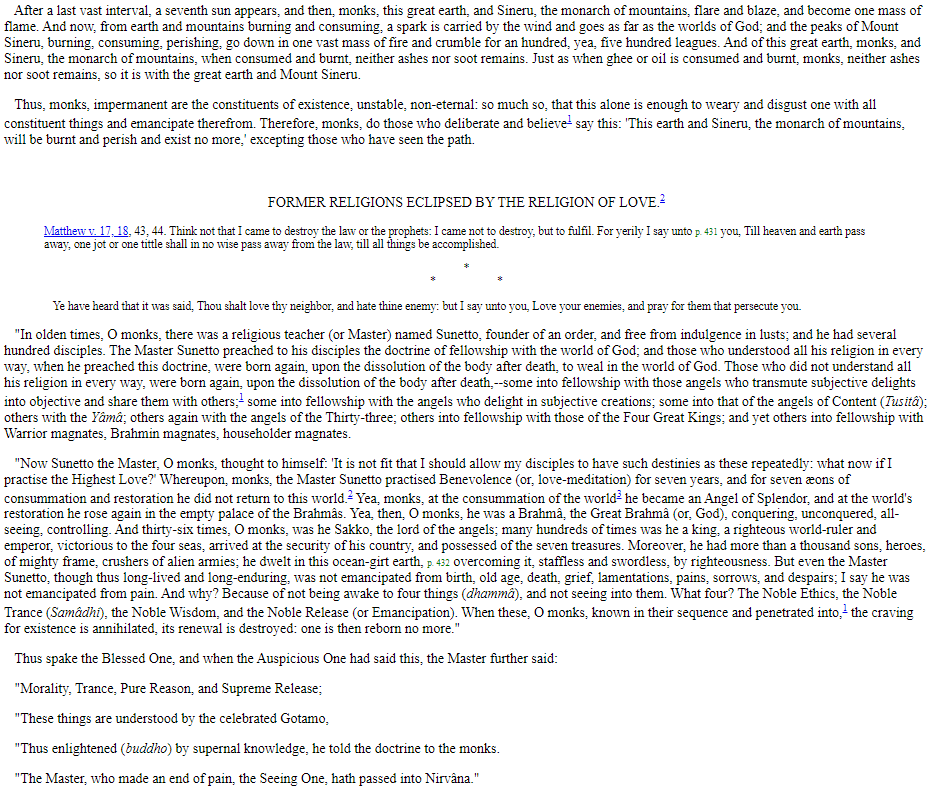I think the short answer might be "no" -- more-or-less as argued in this review of the book:
Oh no! I found some errors in scholarship here. Tom Harpur's "Pagan Christ" is based on the idea that Christianity borrowed beliefs from paganism. Many scholars have argued in favor of this during the Victorian era and even into the early 1900's.
Many thousands of books by scholars later, the idea has been soundly refuted. [etc.]
Buddha "promises to send the Paraclete" (p 32). Buddhism began as a religion without a god, let alone a paraclete.
To post a longer answer I'll try to reference Buddhist scripture and find some parallel in it.
I think of the Mahāparinibbāna Sutta (translated here and elsewhere) as narrating what the Buddha said "when he prepares to depart".
The closest approximation I remember to "sending the Paraclete" is this passage:
(The Buddha’s Last Words)
Then the Buddha addressed Venerable Ānanda:
“Now, Ānanda, some of you might think: ‘The teacher’s dispensation has passed. Now we have no Teacher.’ But you should not see it like this. The teaching and training that I have taught and pointed out for you shall be your Teacher after my passing.
So it's "the teaching and the training" -- the dhamma-vinaya, the law and the discipline -- that's to be the teacher. And not new dhamma-vinaya -- to be revealed in the future -- but rather the dhamma-vinaya which the Buddha had already taught.
Apparently the word paraclete means "helper" or "consoler" -- I guess you could argue that (and especially in context) that's analogous to what the Buddha was saying there -- that the dhamma-vinaya would be teacher, and helper, and consoler.
Furthermore I think that according to the Christian doctrine it's the Holy Spirit that allows Man to understand the teaching (of Christ and of the Church). There might be some Buddhist equivalent to that -- e.g. that there is a doctrine and a belief, which can and should be understood, and that doing so is a bit super-mundane. I think that if you read more of DN 16 you'll see the Buddha is saying that he has already taught, and in fact that the monks listening to him had already understood (and not saying he was going to send more in future).
There other other schools of Buddhism, e.g. with another version of the Mahāparinirvāṇa Sūtra which I won't try to analyse here.
And some of them might appear to be making promises of future aid, see e.g. Maitreya.
If Tom Harper's footnote isn't helpful then perhaps it's impossible to know what reference his claim is based on, if anything.
There is for example a book from 1896 titled The Gospel of Buddha. Its account includes,
And Ānanda, suppressing his tears, said to the Blessed One: "Who shall teach us when thou art gone?"
And the Blessed One replied: "I am not the first Buddha who came upon earth, nor shall I be the last. In due time another Buddha will arise in the world, a Holy One, a supremely enlightened One, endowed with wisdom in conduct, auspicious, knowing the universe, an incomparable leader of men, a master of angels and mortals. He will reveal to you the same eternal truths which I have taught you. He will preach his religion, glorious in its origin, glorious at the climax, and glorious at the goal, in the spirit and in the letter. He will proclaim a religious life, wholly perfect and pure; such as I now proclaim."
Ānanda said: "How shall we know him?"
The Blessed One said: "He will be known as Metteyya, which means 'he whose name is kindness.'"
So possibly the author got his statement from a source like that.
I think we're lucky, now a century or so later, that people have continued to translate the primary texts, so to some extent we can have translations that are more accurate or more literal and not just paraphrased to such an extent as before.
There are also modern teachers who give lectures or "dhamma talks" or who write books for a modern audience, but people can read the original scriptures too in translation (there was also a time when people's couldn't read the Christian Bible in their vernacular).
I think that that some of the early effort to bring Buddhism to the West was made by a group of people or learned society -- Theosophists -- who tried to find and teach what all religions had in common; which I guess might be nice, but some of the people closely involved with that effort decided that was at the expense of altering or misrepresenting specific religions, and so split from the group in order to promote the study of Buddhism itself.
